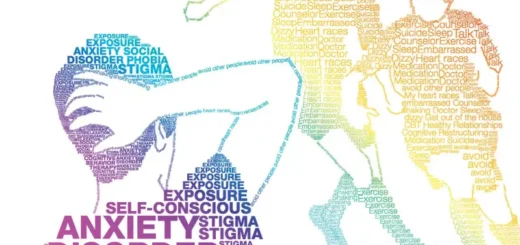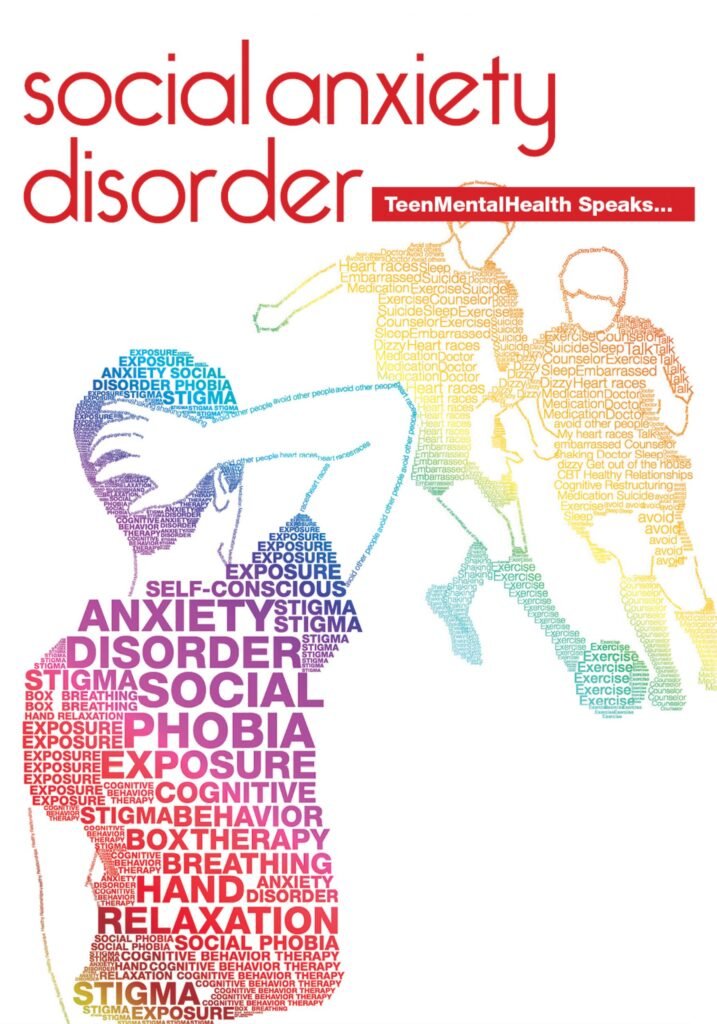Being nice is only part of it
Is it possible to boost your likability factor by just being nicer to people? Well, my experience has been yes, and no. I’ve had limited success using this principle on its own, so I am convinced that there needs to be something more. What that missing ingredient is, remains as elusive as ever – in my case, anyway. However, I do feel that I might be slowly making sense of it all and starting to see the bigger picture.
Keep in mind that this is simply my own experience and that it may not apply to anyone else. After all, there are some very popular books out there that have concluded that your likability is directly linked to things like paying compliments and putting the needs of others ahead of yourself. The book, “How to win friends and influence people†is a classic example of this.
I am absolutely sure that there must be more going on, however. In the past few years, I have conducted my own social experiments and tried various combinations of this theory. What I have concluded is that it is not as black and white as all that. Being sincere, genuine, and friendly towards others does not guarantee favorable results.
This is what I found:
People with a high intimidation factor (good-looking, smart, above average personality) seemed very unresponsive to my friendly gestures and compliments.
Those with an average intimidation factor seemed to warm-up a little more towards me, but the longer I kept it up, the less interested they became. As if they began to become bored with me.
Those that had a low intimidation factor seemed to react very favorably (almost too much so). In fact, I found that it was hard to simply end the conversations.
Just so you know; the intimidation factor is a value that I assign to every person that I meet. It is a combination of things like looks, personality, wealth, social standing, and much more. It is something that happens on a sub-conscious level. Though you could say it is similar to a 1-10 rating system, it is far less tangible than that. This is why some people make me extremely nervous, and others I’m just fine with. Usually, the higher the person’s intimidation factor, the more unglued I become.
What is really profound about the whole thing is that I cared more about what the people on the high end of the scale thought of me. Ironically, this group seemed unwilling to return even the slightest gesture of friendliness in turn.
At the low end of the scale, the opposite was true. Even though these people made a huge effort to reciprocate the gesture, I felt unfulfilled and always longed for the relationship I couldn’t have. Not that I disliked anything in particular. Certainly this touched on a whole new aspect of human psychology, not just problems centered on social anxiety.
Yes, undoubtedly, there was much more going on here.











